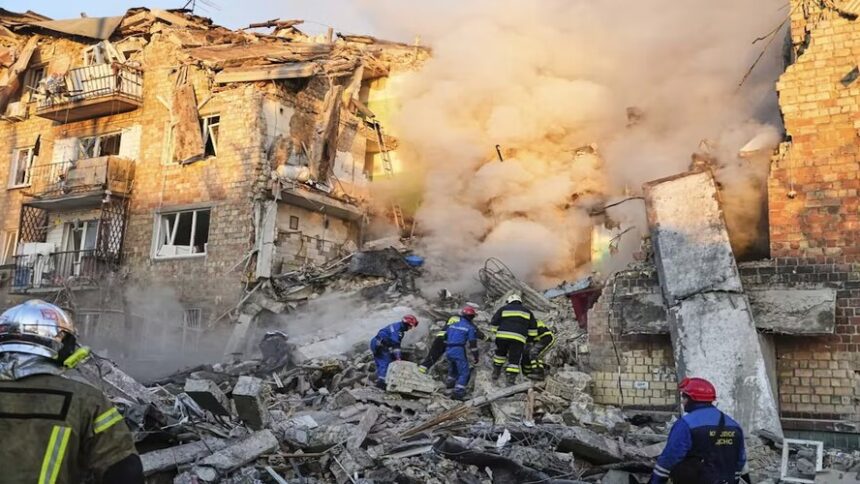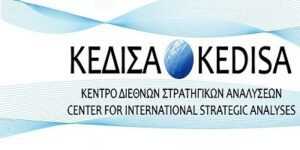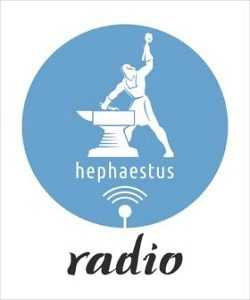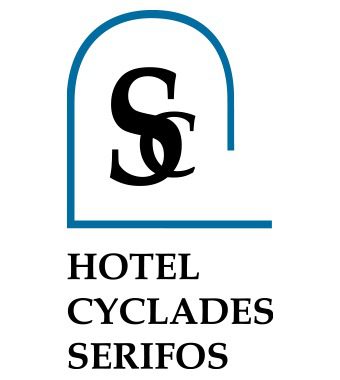By Martin Banks
The European Green Party has called for the European Union to respond urgently to the ongoing Russian attacks on Ukraine with more sanctions, and the acceleration of negotiations for Ukraine’s integration into the EU.
Vula Tsetsi, Co-chair of the European Green Party, condemned the attacks by Russia that killed at least 14 people, including three children, and struck the EU delegation in Kyiv.
“It is clear that the Kremlin has no interest in negotiations, but instead continues to rain bombs on Ukraine, confident in its impunity. The European Union must respond with stronger sanctions and ensure the full implementation of existing ones, as too many countries are currently circumventing them.”
Tsetsi added, “Meanwhile, Trump is pursuing a so-called “peace deal” between Ukraine and Russia. But no agreement can legitimise aggression or allow borders to be redrawn by force. A just peace is only possible with Ukraine at the negotiating table, defending its territorial integrity. The European Greens stand firmly with Ukraine and its European perspective.’
Further comment comes from Ciarán Cuffe, Co-Chair of the European Green Party, who added, “The people of Ukraine are heroically defending the future of a free and democratic Europe.
“EU institutions must affirm Ukraine’s place in the EU by moving ahead with accession talks. National vetoes on foreign and security policy from governments like the Hungarian or the Slovak one, undermine the EU’s ability to act.
“Treaty change is needed to change that. In these challenging times, we must remember that the EU is a peace project founded on shared values: freedom, democracy, equality, the rule of law, and human rights.’
Meanwhile, starting on Friday, the President of the European Commission, Ursula von der Leyen, will travel to Latvia, Finland, Estonia, Poland, Lithuania, Bulgaria and Romania.
Her visit aims to underscore the EU’s support for Member States facing the challenges of sharing borders with Russia or Belarus. She will also discuss Europe’s security and defence with government leaders and military officials.
On Friday, von der Leyen will arrive to Riga, where she will meet the Prime Minister of Latvia, Evika Salina. They will visit a facility manufacturing drones, which has received EU support.
Later in the day, the President will be in Helsinki. She will meet the Prime Minister of Finland, Petteri Orpo. The President and the Prime Minister will be briefed on Europe’s response to Russia’s shadow fleet and threats from seabed warfare targeting critical undersea infrastructure like communication and power cables, and energy pipelines. President von der Leyen will participate in a working dinner hosted by the President of Finland, Alexander Stubb.
On Saturday, 30 August, the President will be in Estonia, where she will meet Prime Minister Kristen Michal. The EC President will exchange with Estonian Defence Forces and NATO military personnel.
On Sunday, 31 August, von der Leyen will visit Poland, where she will meet Prime Minister Donald Tusk. Together, they will travel to the border with Belarus to observe the operations in place to monitor and safeguard the Eastern borders.
Later in the day,she will be in Sofia where she will meet the Prime Minister of Bulgaria, Rossen Jeliazkov. They will visit a leading state-owned defence factory and the largest armaments production site in the country.
On Monday, 1 September, von der Leyen will travel to Vilnius. She will meet with the President of Lithuania, Gitanas Nausėda. They will also visit the country’s border with Belarus. The two presidents will witness the preparations against hybrids and conventional threats.
In the afternoon, she will travel to Romania where she will meet President Nicușor Dan and Prime Minister Llie Gavril Bolojan. They will travel to the border with Ukraine. President von der Leyen will discuss EU-NATO cooperation as well as prevention, detection, defence and deterrence of maritime and hybrid threats.
Elsewhere, the political groups in the EU parliament are preparing for the 8 – 11 September plenary session in Strasbourg.
One of the session’s highlights will be Commission President von der Leyen’s 2025 State of the Union speech, to be followed by a debate with MEPs.
Members will also be voting on their proposals for package holidays and end-of-life of vehicles, and to adopt new legislation on textiles, and food waste and the carbon border adjustment mechanism. They will debate and vote on Ukraine’s EU accession preparations.














Leave a comment